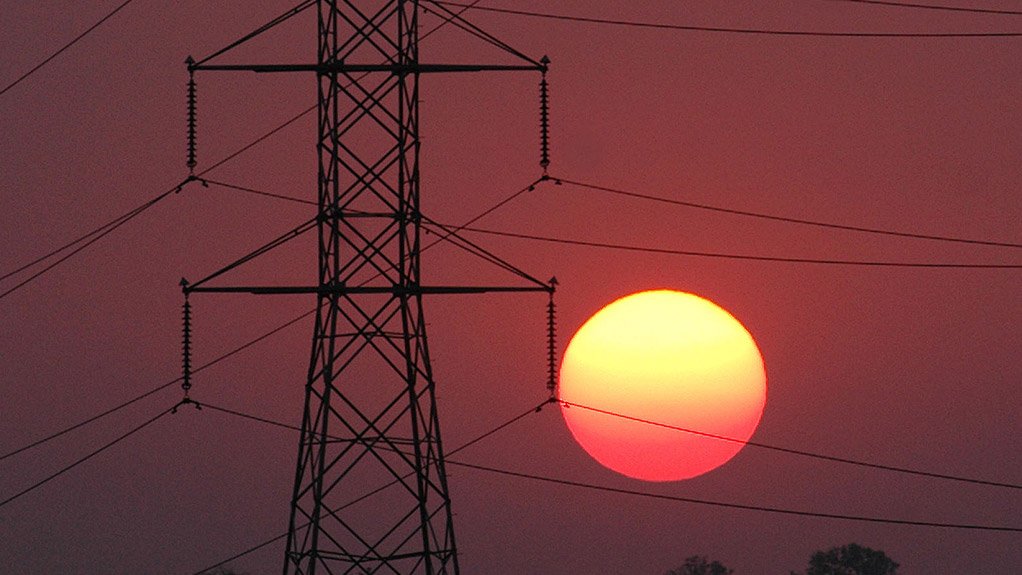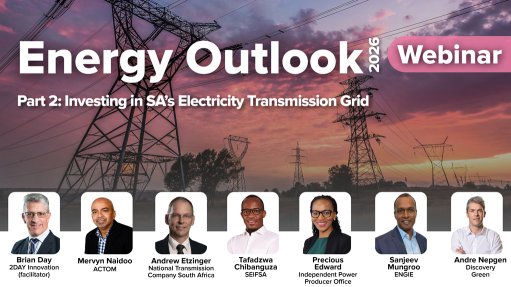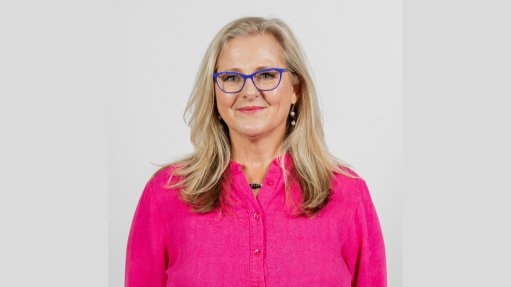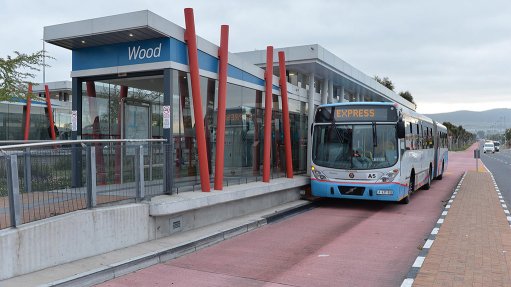Genuine progress, not electioneering, behind the easing of loadshedding, council says
The current loadshedding reprieve is not a result of excessive diesel burning to pacify voters but rather a consequence of government and business coming together to made headway in solving South Africa’s electricity crisis, Energy Council of South Africa (ECSA) CEO James Mackay has said.
Sceptical South Africans have been speculating that the weeks-long halt in loadshedding was a ploy by the ruling party to obtain more votes ahead of the May 20 national elections.
Media houses have also, this week, quoted former Eskom CEO Andre de Ruyter as saying that the current loadshedding holiday was secretly a result of wanton diesel expenditure and a costly exercise in electioneering and that the country would be plunged back into darkness once the elections are over later this month.
“I think it was very poorly reported and quite factually incorrect. If we just reflect on the numbers, regardless of what the budgets were, we see that in 2022 Eskom probably burned close to about R19-billion worth of diesel and, in 2023, nearly R30-billion.
“However, over the last seven weeks, we've used less diesel consumption than we did in 2023 or 2022,” Mackay said during a webinar hosted by the South African Presidency and Business for South Africa (B4SA), wherein an update was provided on the progress of a collaboration between the two entities on strategic initiatives to address challenges in the energy space.
He said the progress made in improving South Africa’s energy security was genuine and sustainable, even if there was still much work to be done. Part of this progress was owing to efforts made by the South African Presidency and B4SA.
“It's not a conspiracy theory. We are just seeing a combination of good work coming together. Yes, the system remains unreliable. We have not recovered reserve margin. So certainly, there's an element of goodwill, with things like tube failures currently down, which makes a big contribution.
“But at the end of the day, this is not political pressure and electioneering. It's a genuine move along a pathway that has been well defined,” Mackay said.
He noted that renewable energy growth, particularly wind and solar, saw “huge” growth in 2023, with more than 2 600 MW of rooftop solar added last year.
“This was completely unexpected. I think it was far beyond what anyone predicted. And now what we're seeing in 2024 and 2025 is real significant growth on the utility scale. We see almost weekly there are headlines and articles of ribbon cuttings and the signing of documents, where large corporate buyers and developers are developing wind and solar at utility scale,” Mackay said.
Outside of additional generation capacity, a core part of the reason that loadshedding has been put on hold is improved Eskom plant performance with fewer unplanned losses.
“We must celebrate improving performance, but acknowledge the system remains unreliable and with many challenges,” Mackay said.
He explained that the plan was to have loadshedding reduced to an average of Stage 1 or below by 2024 and to have recovered enough in the system to have sufficient reserve margin and stability to effectively end loadshedding by the end of 2025.
“So that was the plan and Eskom is actually ahead of that plan. Through the partnership [between business and government], there has been a huge mobilisation of resources,” Mackay said.
He noted that Eskom’s plan was based on plant, people and processes, while the business community’s interventions were focused on the people.
“We're not lifting the spanners at power stations but we are assisting in terms of analysis, root cause analysis, failure analysis, trip analysis and then interventions.
“We ask how do we get things done quicker and better, and we also provide coaching and mentoring with the leadership at the power stations to be able to better manage the complexity. This really is making a difference,” Mackay said.
Article Enquiry
Email Article
Save Article
Feedback
To advertise email advertising@creamermedia.co.za or click here
Comments
Announcements
What's On
Subscribe to improve your user experience...
Option 1 (equivalent of R125 a month):
Receive a weekly copy of Creamer Media's Engineering News & Mining Weekly magazine
(print copy for those in South Africa and e-magazine for those outside of South Africa)
Receive daily email newsletters
Access to full search results
Access archive of magazine back copies
Access to Projects in Progress
Access to ONE Research Report of your choice in PDF format
Option 2 (equivalent of R375 a month):
All benefits from Option 1
PLUS
Access to Creamer Media's Research Channel Africa for ALL Research Reports, in PDF format, on various industrial and mining sectors
including Electricity; Water; Energy Transition; Hydrogen; Roads, Rail and Ports; Coal; Gold; Platinum; Battery Metals; etc.
Already a subscriber?
Forgotten your password?
Receive weekly copy of Creamer Media's Engineering News & Mining Weekly magazine (print copy for those in South Africa and e-magazine for those outside of South Africa)
➕
Recieve daily email newsletters
➕
Access to full search results
➕
Access archive of magazine back copies
➕
Access to Projects in Progress
➕
Access to ONE Research Report of your choice in PDF format
RESEARCH CHANNEL AFRICA
R4500 (equivalent of R375 a month)
SUBSCRIBEAll benefits from Option 1
➕
Access to Creamer Media's Research Channel Africa for ALL Research Reports on various industrial and mining sectors, in PDF format, including on:
Electricity
➕
Water
➕
Energy Transition
➕
Hydrogen
➕
Roads, Rail and Ports
➕
Coal
➕
Gold
➕
Platinum
➕
Battery Metals
➕
etc.
Receive all benefits from Option 1 or Option 2 delivered to numerous people at your company
➕
Multiple User names and Passwords for simultaneous log-ins
➕
Intranet integration access to all in your organisation





















